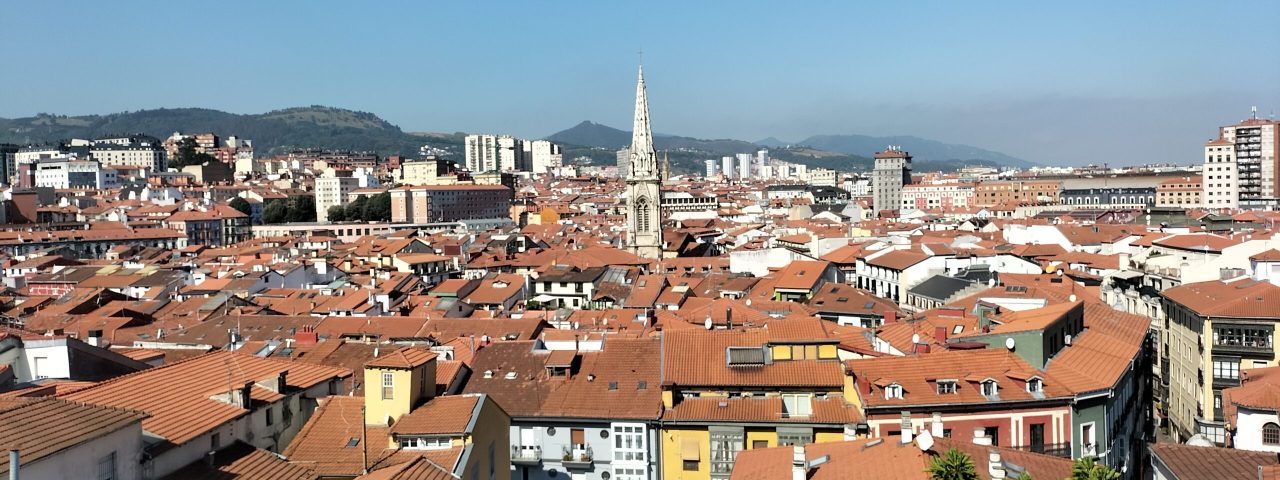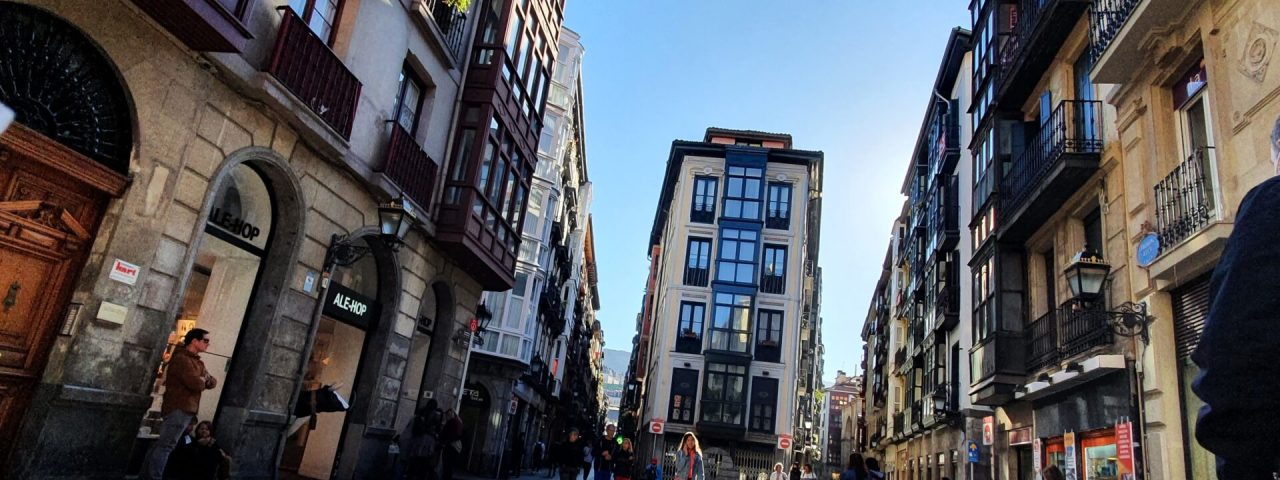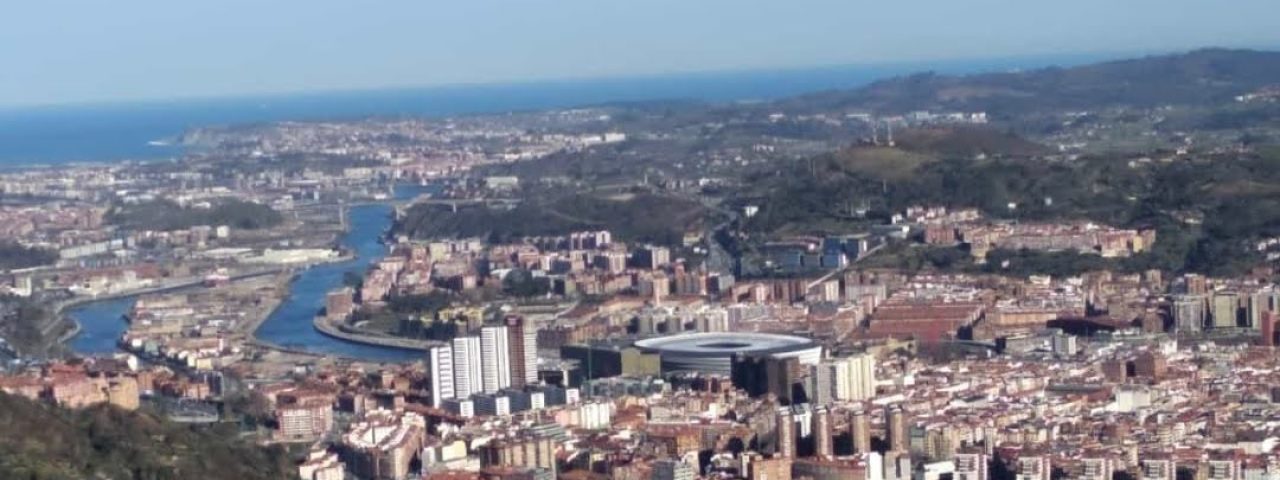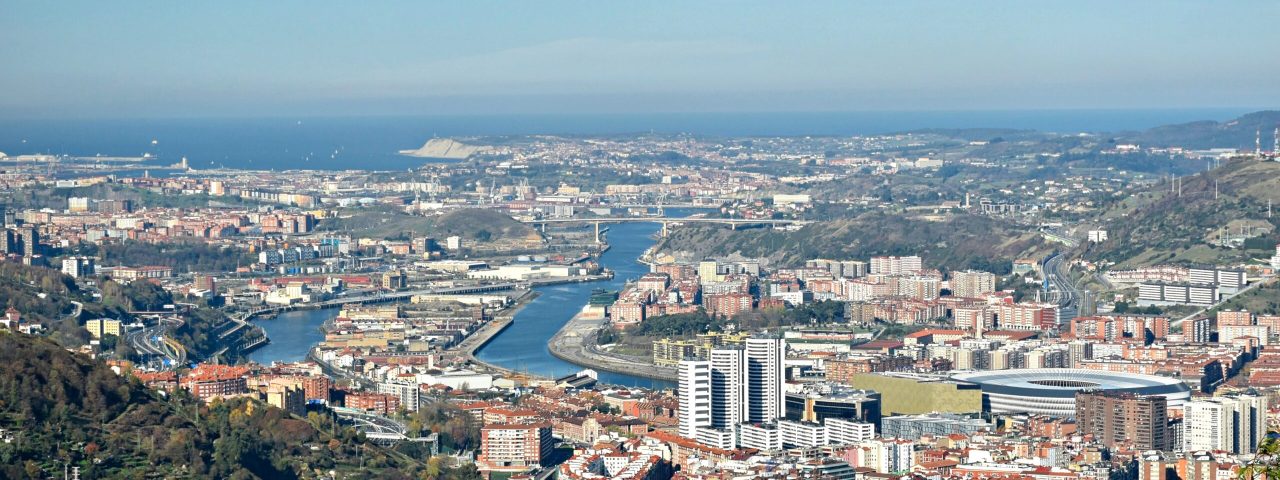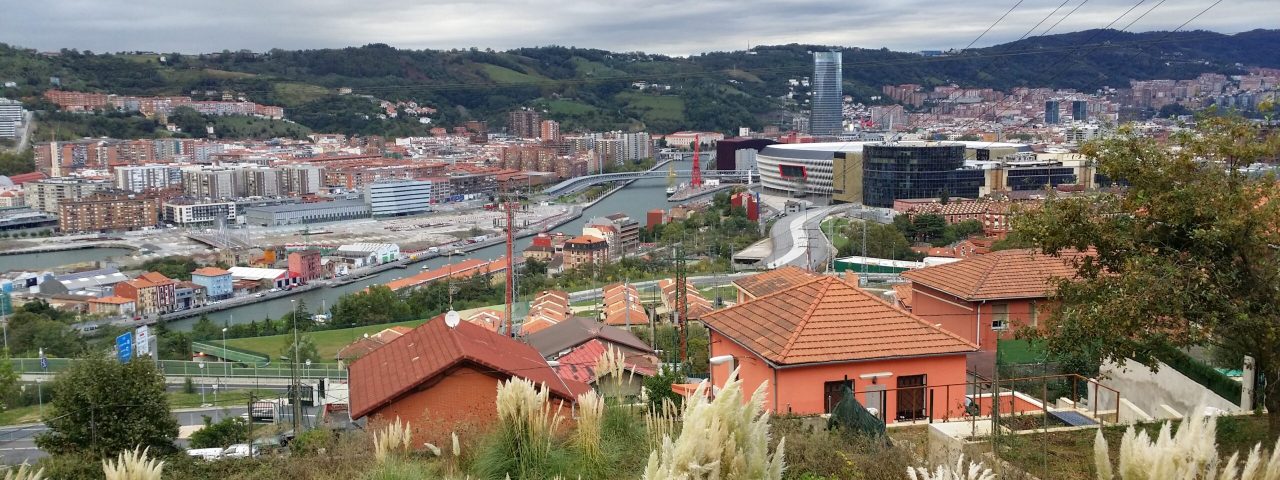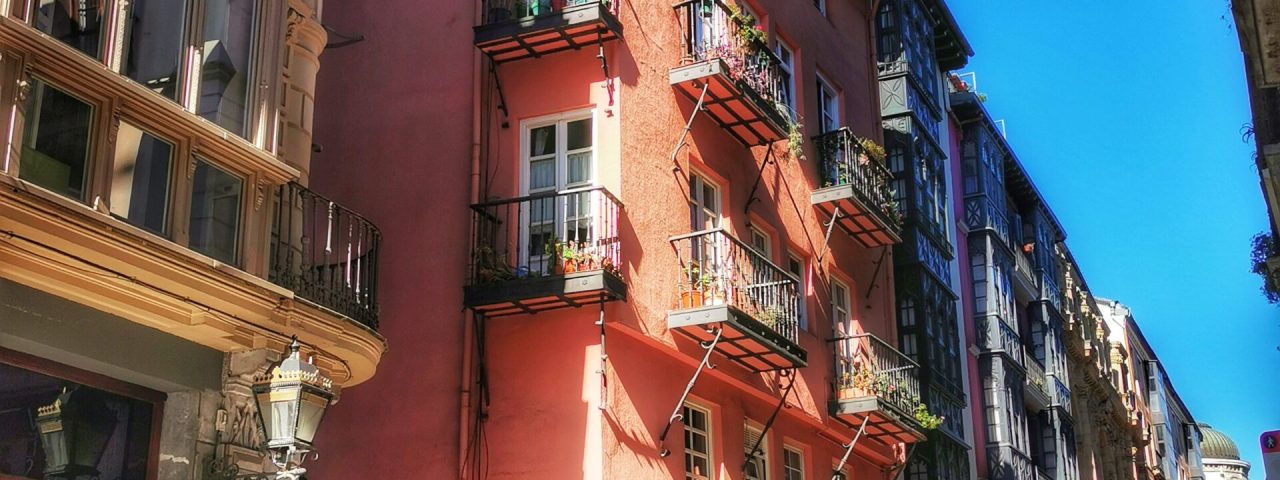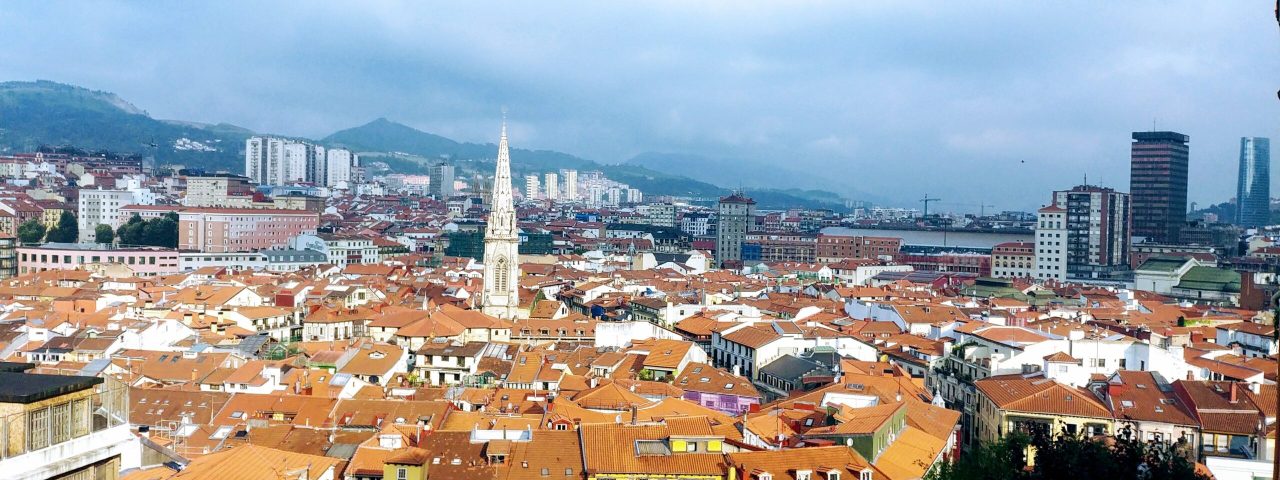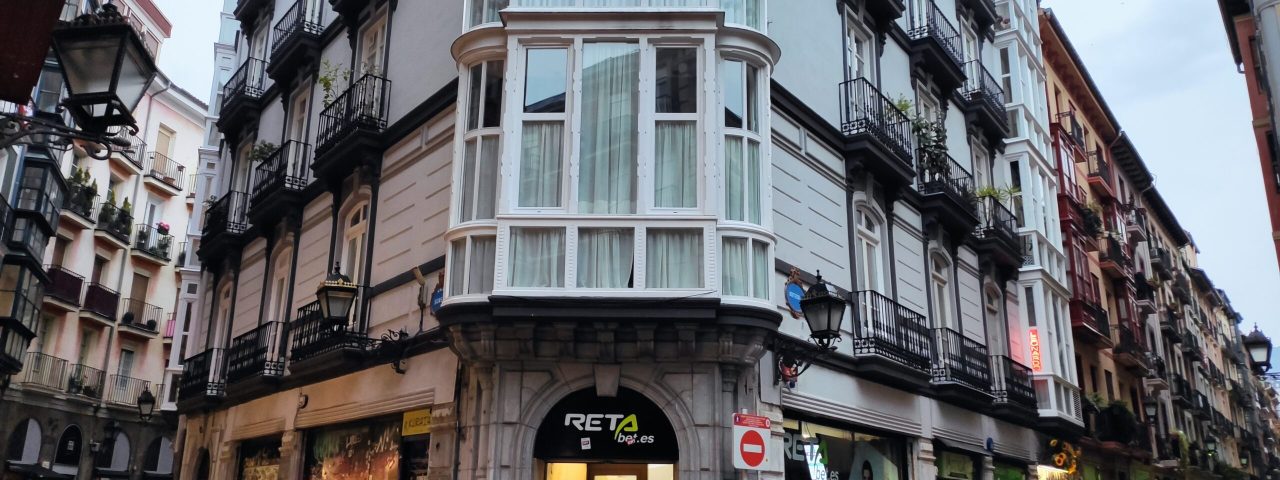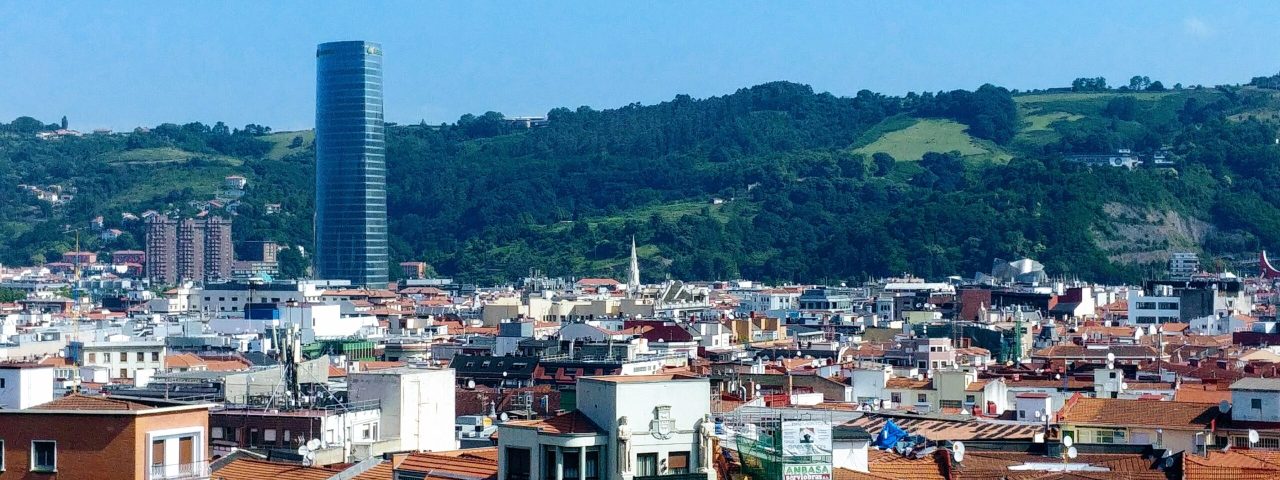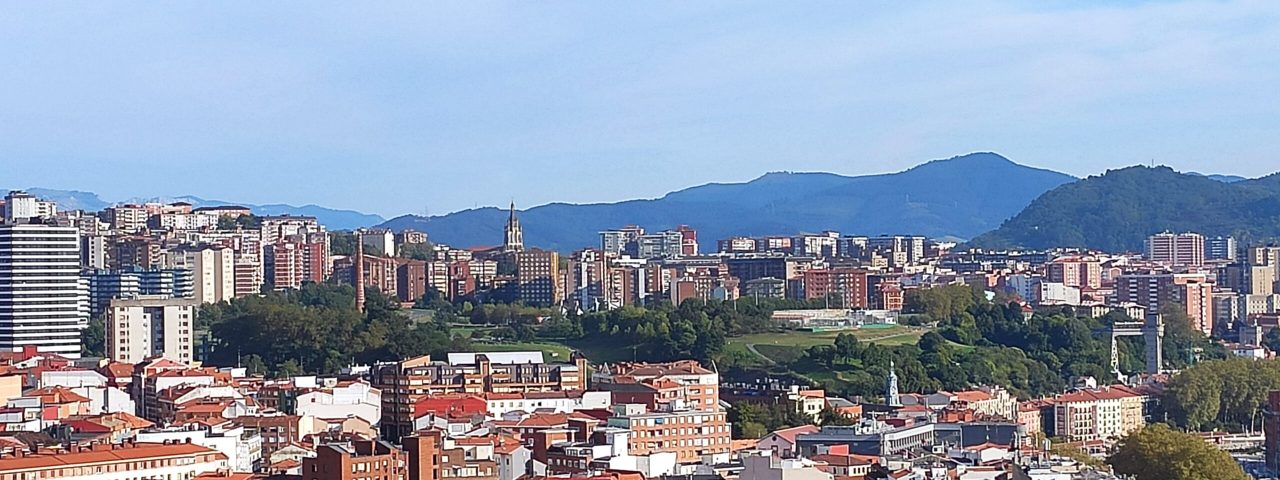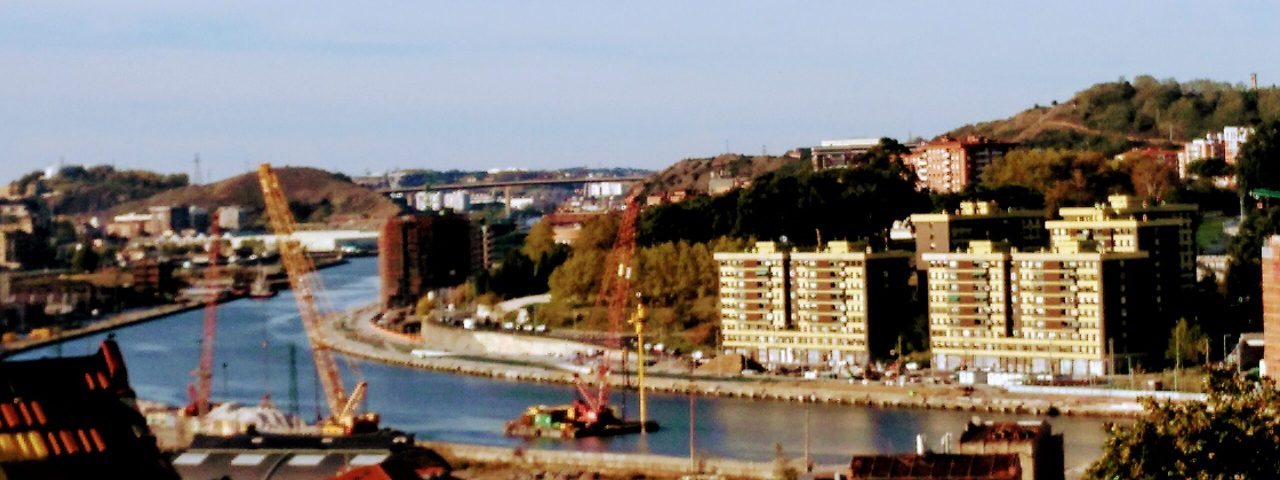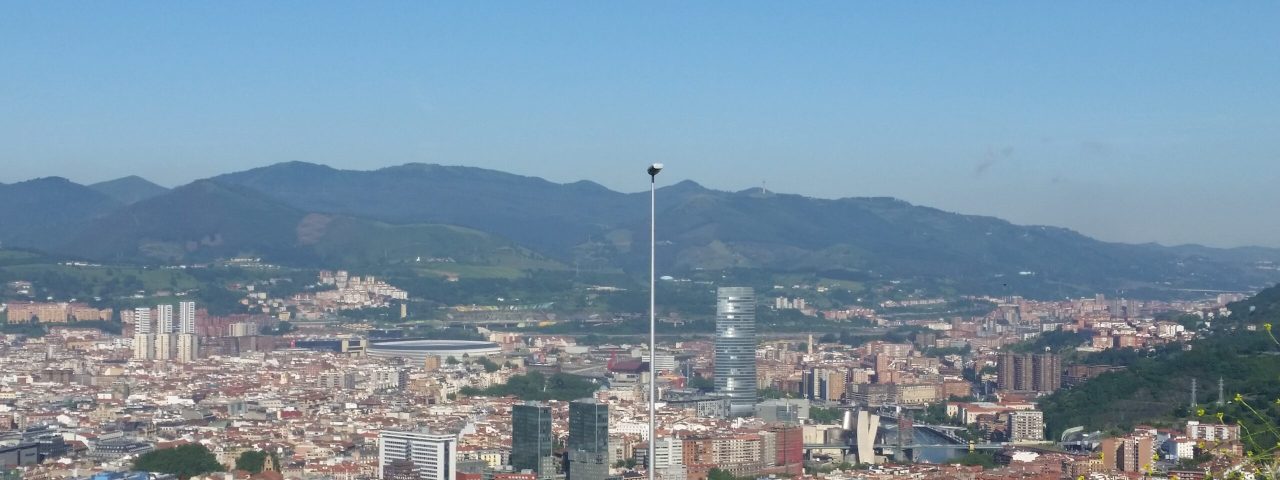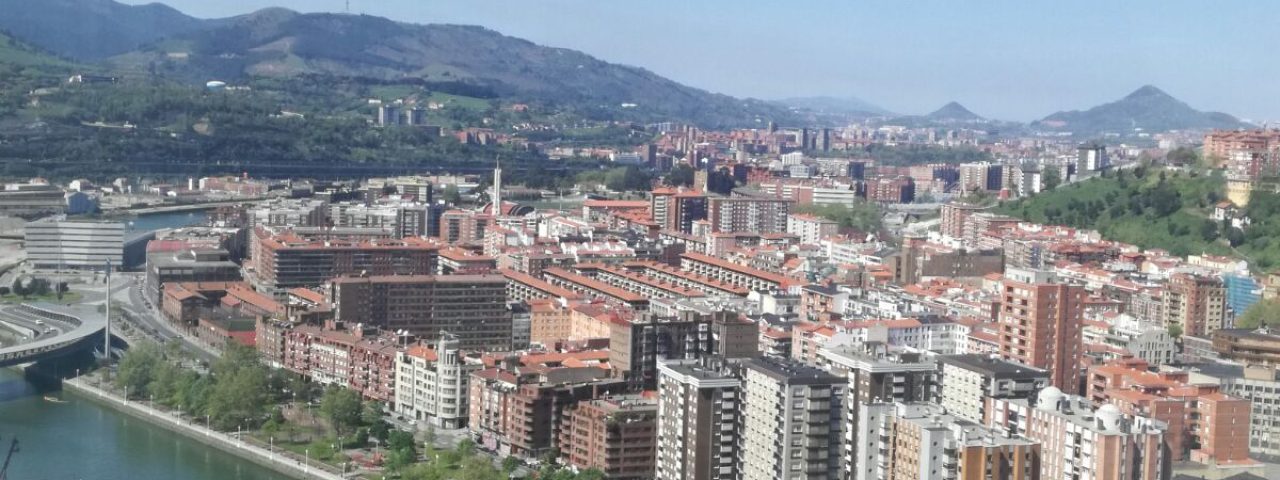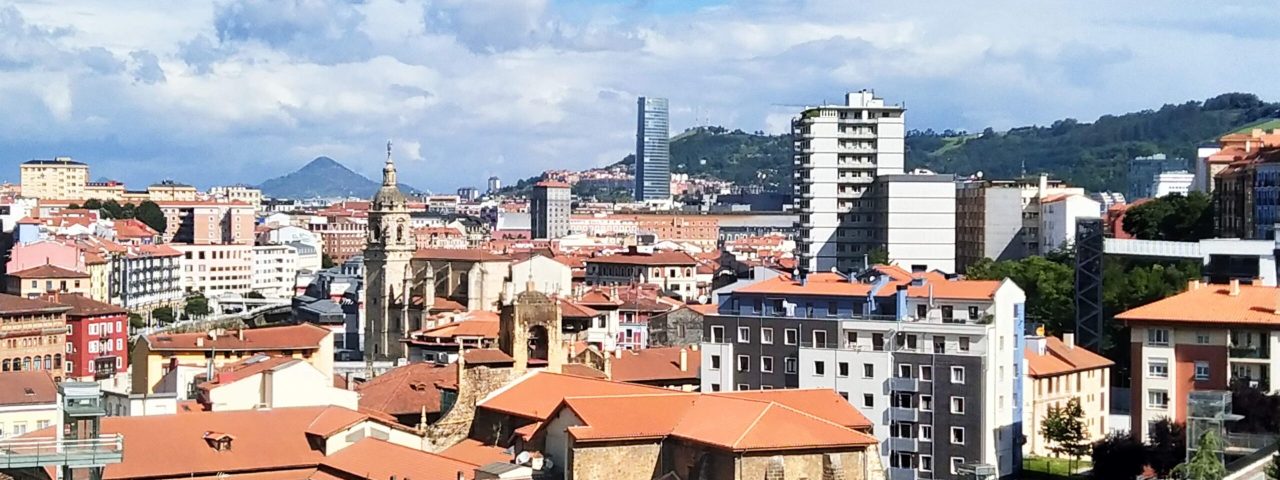Bilbao’s history stretches back over 700 years, with its founding in 1300 by Diego López de Haro. Originally an important port city, Bilbao’s position along the Nervión River made it a key hub for maritime trade with England and the rest of Europe. During the Industrial Revolution, Bilbao became Spain’s industrial powerhouse, specializing in shipbuilding, ironworks, and steel production. This industrial legacy is still visible today but has since given way to a more diversified economy and an emphasis on culture and tourism.
The city is also a key player in preserving Basque traditions and language. Visitors will experience the unique Basque identity through the local customs, including the use of Euskara, the Basque language, which is prominently spoken alongside Spanish. Bilbao celebrates its heritage with festivals like the Aste Nagusia, a lively week-long event filled with concerts, traditional Basque sports, street performances, and fireworks. The Basque culture, with its unique folklore, music, and dance, adds a rich layer of authenticity to any visit.
Cultural landmarks include the Gothic-style Santiago Cathedral and the neo-baroque Arriaga Theater, both located in the historic Casco Viejo. Bilbao is also a gateway to the broader Basque culture, with its own blend of Spanish and French influences, as seen in its traditions, food, and art.
